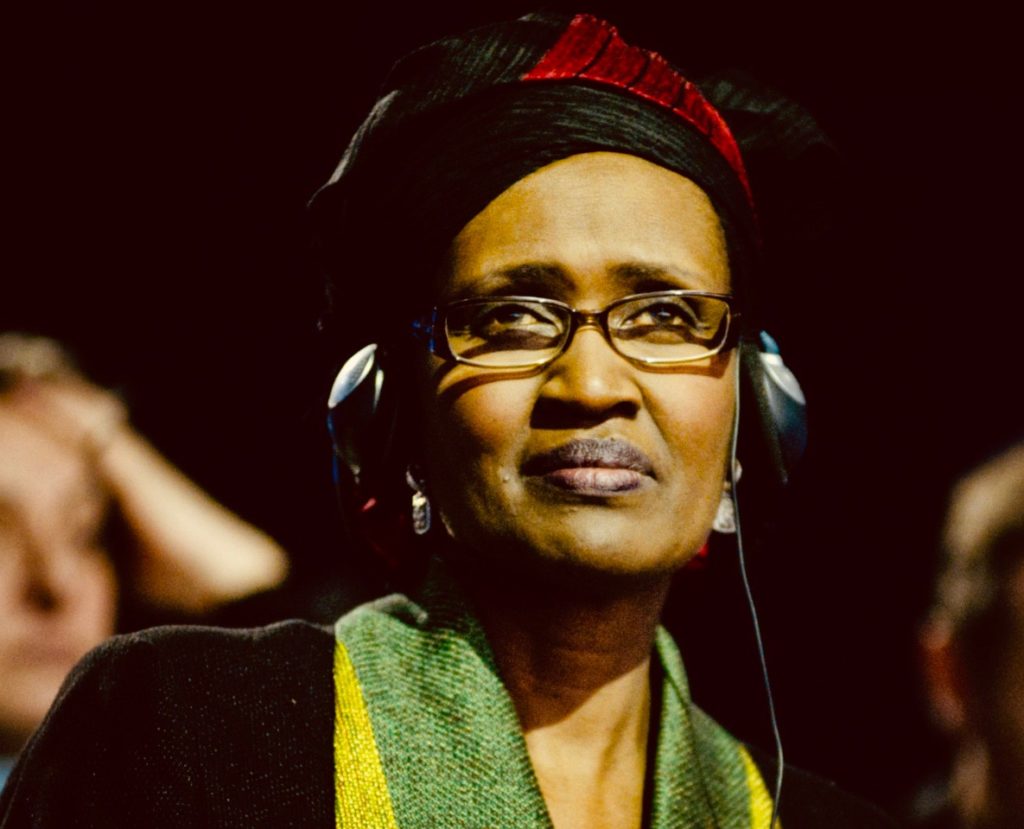GENEVA (AN) — Winnie Byanyima, a humanitarian activist who heads Oxfam International, was appointed to serve as executive director of the Joint U.N. Program on HIV/AIDS, or UNAIDS.
She replaces UNAIDS' embattled leader Michel Sidibé, who left the job early in May due to allegations he improperly handled a sexual harassment scandal involving one of his deputies. He defied the wishes of Sweden, UNAIDS’ second-biggest donor, which had demanded his immediate resignation, but still left the job six months earlier than he had planned.









